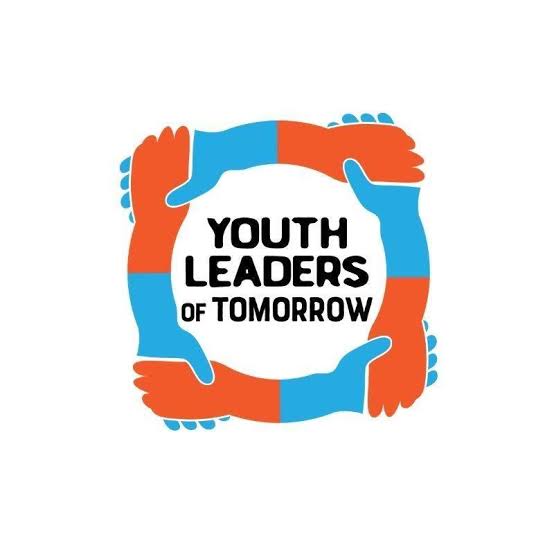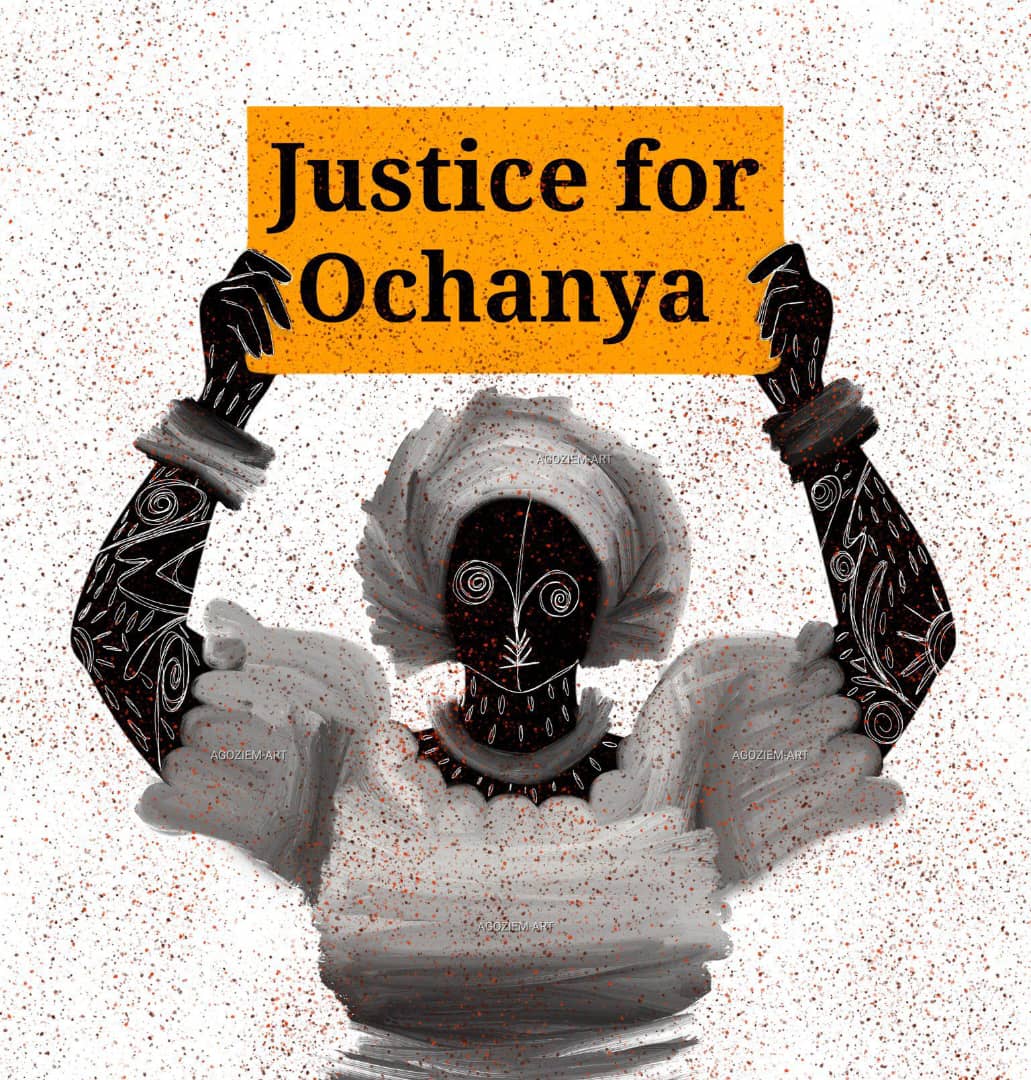The Hypocrisy of Prayer! Holy Voice, Zero Humanity
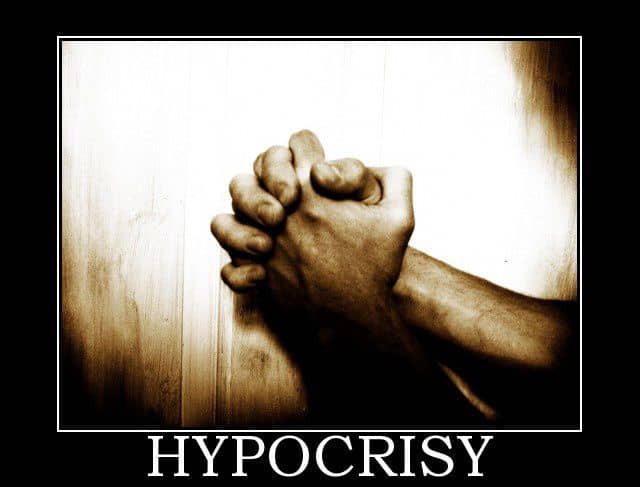
When Faith Becomes Theatre
“I’ve seen people pray louder than they love, and quote scriptures faster than they can render a helping hand.” “Because sometimes, the loudest ‘Amen’ comes from the coldest heart.”
That statement alone could sum up the paradox of modern religion, a world where faith feels more like a performance than a practice. In churches, mosques, and even on social media, the sacred act of prayer has slowly evolved (or perhaps devolved) into a theatre of appearances. We’ve replaced quiet conviction with loud display, an exhibition of righteousness, performed not for heaven’s ears, but for human applause.
At what point did prayer stop being sacred communication, a moment of seeking help, clarity, or peace and start being a cover for moral laziness and lack of empathy? Don't get me wrong, We are quick to pray for others but slow to understand them. We cry “God will judge them!” instead of “How can we help?” We fold our hands to heaven while ignoring the neighbor bleeding beside us.
The irony is glaring: people sin boldly, gossip freely, and condemn confidently, yet pray beautifully. In our hands, prayer has become both shield and show, hiding the cracks in our compassion while polishing our image before others.
Faith as Performance
If religion had a stage, many would fight for the front row. Today’s spirituality often rewards visibility, not virtue. There’s almost an unspoken competition, who can pray the loudest, who can fast the longest, who can quote the most scriptures in one breath. It’s faith with a spotlight, holiness with an audience.
Some people pray like they’re auditioning for a gospel reality show. They close their eyes dramatically, sway rhythmically, and punctuate every sentence with a thunderous “Amen!” Yet, beyond that performance, their kindness could fit inside a mustard seed.
This culture of performative faith is everywhere, from long Facebook prayer posts to viral worship videos that gather views faster than the message gathers meaning. It’s not that public prayer is wrong; it’s that private hypocrisy has made it hollow.
Think of the politician who prays for “the nation’s peace” while comfortably stealing from the treasury. The influencer who leads morning devotionals at home but bullies others online. The congregation that prays for the poor yet ignores the hungry next door or worse, in the next seat.
Prayer has become a moral alibi, a way to “feel good without doing good.” It’s easier to pray about the world’s problems than to confront how we contribute to them.
The Misfortune Industry – Turning People’s Pain Into Prayer Points
There’s a strange marketplace that thrives on pain, a spiritual economy where other people’s misfortunes become our inspiration for gratitude or material for a sermon. Someone loses their home, and half the church has a new illustration for Sunday. A friend fails an exam, and suddenly, the WhatsApp group buzzes with “Let’s pray so we don’t fail like them.”
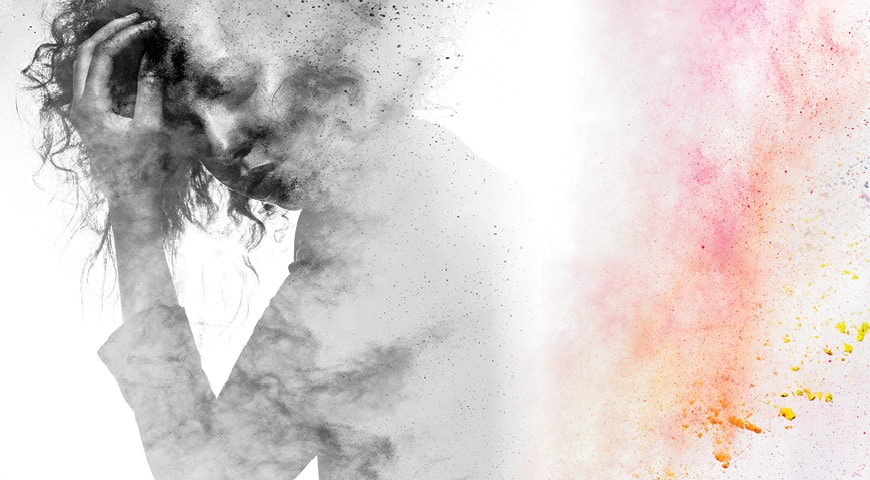
We’ve turned suffering into content. The modern worshiper doesn’t just pray; they broadcast prayer. And within that broadcast is often a subtle boast: “See how grateful I am that tragedy skipped me.” It’s insensitivity, baptized in religiosity. We say “God forbid” not because we truly care, but because we hope it skips our turn. The tragedy becomes a moral mirror, reflecting not compassion, but comparison.
Consider the WhatsApp prayer chains, the social media miracle threads. Someone’s misfortune becomes a story to boost engagement or increase offering. Instead of helping, we say, “Let’s pray for them,” then scroll away. The poor become prayer points. The sick become sermon props. The grieving become hashtags for divine lessons.
This commodification of suffering reveals how much we’ve lost touch with the heart of prayer — which was never meant to spotlight pain but to inspire action.
When Prayer Replaces Action
Perhaps the greatest tragedy of faith today is that prayer has replaced responsibility. We pray for good governance instead of demanding accountability. We pray for jobs instead of building skills. We pray for peace but ignore justice.
It’s a pattern, we outsource our duties to heaven while earth burns beneath our feet. “Maybe God is tired of hearing prayers for problems we already have the power to fix.”
Nigeria, for instance, holds one of the world’s largest prayer gatherings, yet still ranks among the top nations struggling with corruption and insecurity according to Transparency International, 2024. Across Africa, the statistics echo the same irony, rising religiosity, declining integrity.
Why do people find comfort in performative religion? Because it’s easier to appear righteous than to be accountable. Public prayer earns social approval; private action costs personal effort and deep down, it seems like many are craving for validation. We want to be seen as spiritual, as “close to God.” But in the chase for divine attention, we often want human applause even more.
Faith was meant to humble us, but somewhere along the line, it made us self-righteous. We replaced reflection with rhetoric, compassion with condemnation, sincerity with spectacle.
What Prayer Is Meant to Be
Yet, let’s be clear, this is not an attack on prayer. It’s a plea for honesty. Prayer, in its truest form, is not performative. It’s personal. It’s not about who hears you, but who you become afterward.
Prayer should lead us to action, not away from it. The Bible itself says, “Faith without works is dead.”Meaning, if your prayer doesn’t make you kinder, fairer, or braver, then it’s just noise in a holy accent. True spirituality doesn’t need an audience. It thrives in silence, grows in humility, and manifests in kindness. The purest prayers are often the quietest ones, the ones whispered over the wounded, not shouted over microphones.
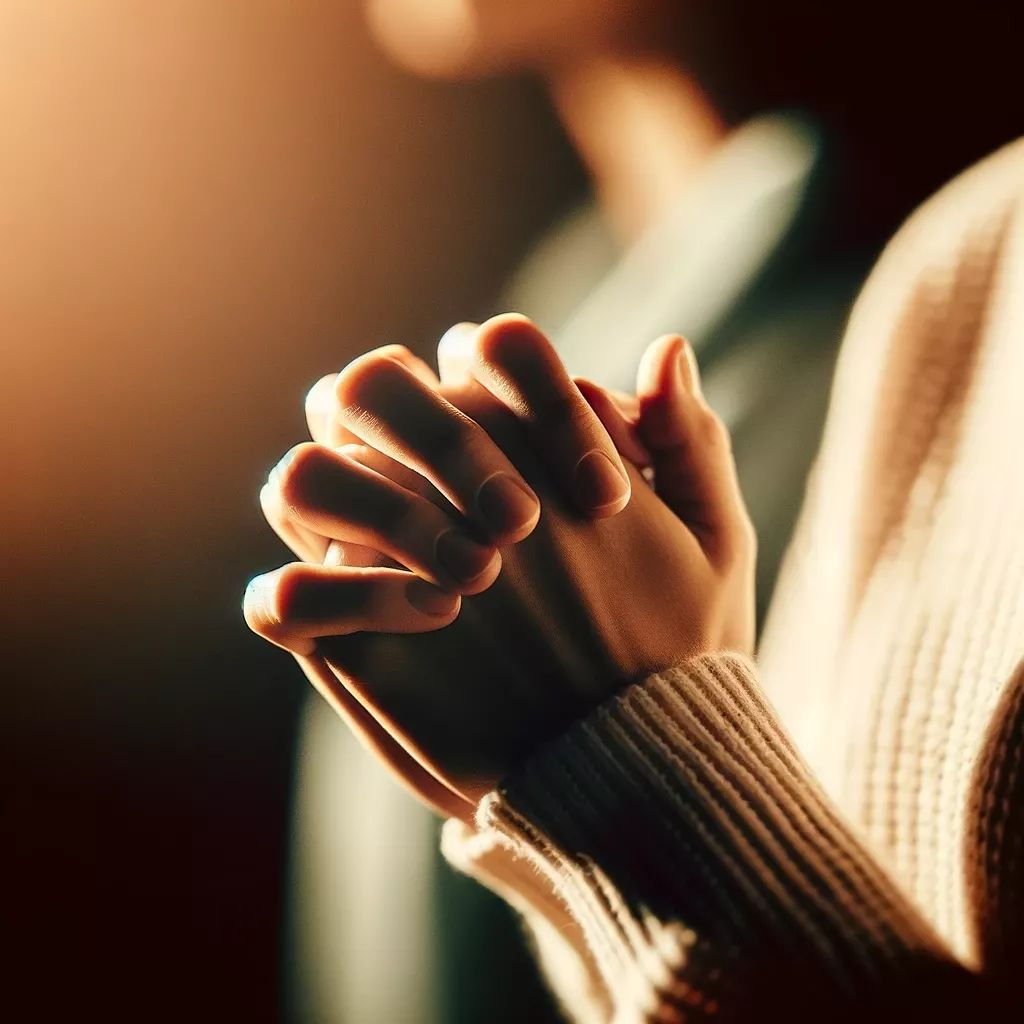
Spirituality without compassion is just theatre with better costumes. So, let your kindness be your loudest “Amen.” Let your integrity be your altar. Let your compassion be your offering. Because God doesn’t need your eloquence, He needs your empathy for your neighbour.
The hypocrisy of prayer lies not in the words we speak, but in the lives we refuse to live after speaking them. Maybe heaven hasn’t gone silent. Maybe we have. Maybe God isn’t ignoring us, He’s just waiting for us to act. Because when all the drama fades and the lights go off, our faith isn’t just based about how loud we prayed, it’s about how deeply we cared and perhaps that’s the quiet miracle we’ve all been missing.
You may also like...
UCL Chaos: Lookman's Fiery Clash With Coach Juric Ignites Debate!

A heated touchline altercation between Super Eagles forward Ademola Lookman and Atalanta manager Ivan Jurić during a Cha...
Osimhen's UCL Thunderstrike: Nigerian Star's Hat-trick Stuns Ajax, Rewrites History Books!
)
Super Eagles striker Victor Osimhen scored a historic hat-trick, leading Galatasaray to a dominant 3-0 Champions League ...
Gremlins 3 Unleashes Official Release Date, Fans Rejoice for November 2027 Return!

Warner Bros. is officially reviving the iconic “Gremlins” franchise with “Gremlins 3,” slated for a November 2027 releas...
Ninajirachi Scoops Coveted 2025 Australian Music Prize!

Ninajirachi's debut album, "I Love My Computer," has won the 21st Australian Music Prize, securing A$50,000 and cementin...
Metallica Electrifies Adelaide Stage, Unleashing Iconic Covers!

Metallica's M72 World Tour is electrifying fans across Australia and New Zealand, with the metal giants paying homage to...
Royal Comeback! Meghan Markle Returns to Acting, 'Swamped With Offers'

Meghan Markle is making a notable return to Hollywood, starring as herself in the comedy film "Close Personal Friends" c...
Ayr Care Village Scandal: Critics Blast Project as 'Failure From The Start'

A proposed £40 million care village in Ayr town centre has been scrapped due to a critical lack of funding from NHS Ayrs...
Tanzania Plunges Deeper into Economic and Social Crisis Amid Post-Election Turmoil

Dar es Salaam, Tanzania, is in crisis following disputed presidential elections, leading to widespread violence and a cr...
.png&w=1920&q=75)



